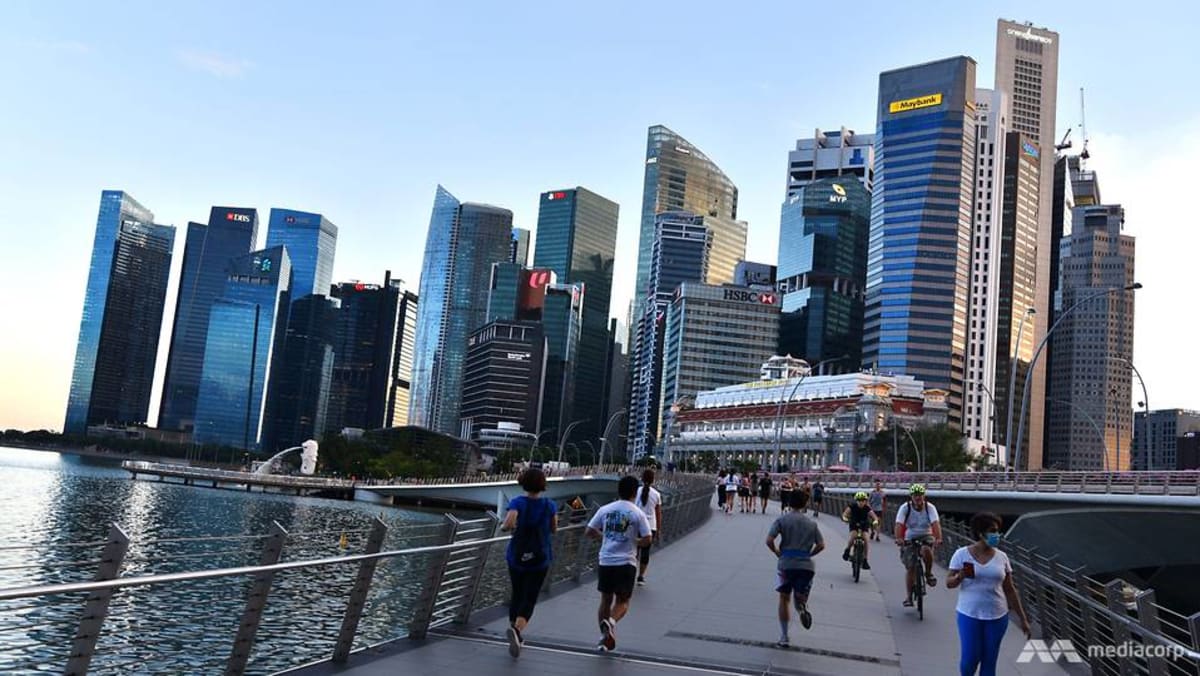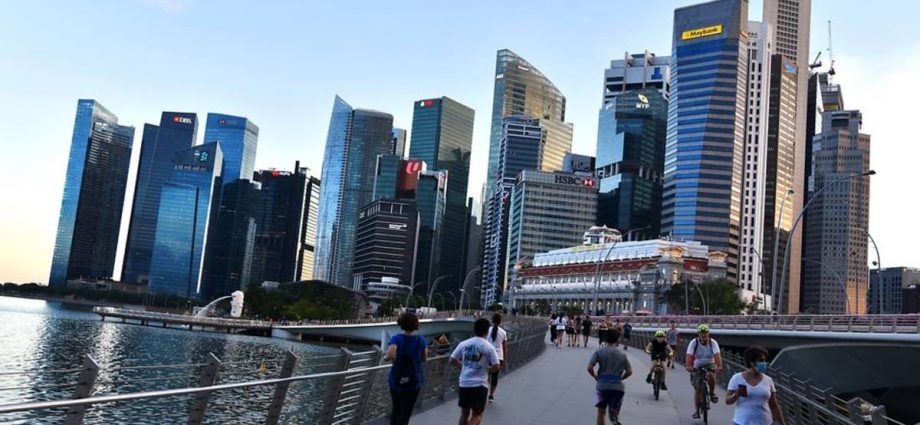
HEALTH, COST AND CONVENIENCE KEY DRIVERS OF CHANGE
The second OCBC Climate Index found that the majority of Singaporeans are still not embracing many sustainable behaviours.
Respondents who embrace sustainable behaviours are typically motivated by personal practical benefits, such as health, cost and convenience, and not for the environment, OCBC said.
Despite 47 per cent of respondents indicating that they desire to live a sustainable life for a greener future, more are engaging in carbon-intensive behaviour such as using air-conditioning as the main mode of cooling their homes and buying new, non-essential items more frequently than once a month, as compared to 2021.
Those on the other side “are not necessarily embracing climate action for environmental reasons”, OCBC said.
“Rather, the reasons for their choices are personal and include wanting to have better health, save money and personal comfort.”
These motivations are leading people to walk, cycle or take public transport instead of travelling by car, purchase second-hand furniture and participate in ‘urban farming’ initiatives, OCBC noted.
The national average score for 2022 of 6.7 was unchanged from 2021.
This year, having better health and having a cleaner and greener environment were both reasons for respondents for wanting to live a sustainable life, at 47 per cent.
Cost and inconvenience were cited as the main obstacles to living a sustainable life.
“Thus, the desires to want a more sustainable world have not tilted the Index score this year as personal practical reasons continue to drive real actions,” said OCBC.
Although the overall score remained the same as last year, Ms Koh Ching Ching, Head of Group Brand and Communications at OCBC Bank noted that this year’s survey results showed more Singaporeans want to create a more sustainable world but find it difficult to make the real change when it is expensive or not convenient.
Ms Jessica Cheam, founder and managing director of Eco-Business also noted that while the findings might be discouraging at first glance, there are “bright spots” in the results that indicate improvements, such as in transport choice or in embracing re-commerce.
In its inaugural edition, the OCBC Climate Index in 2020 found that high awareness of environmental issues did not reflect on adoption of green practices.

